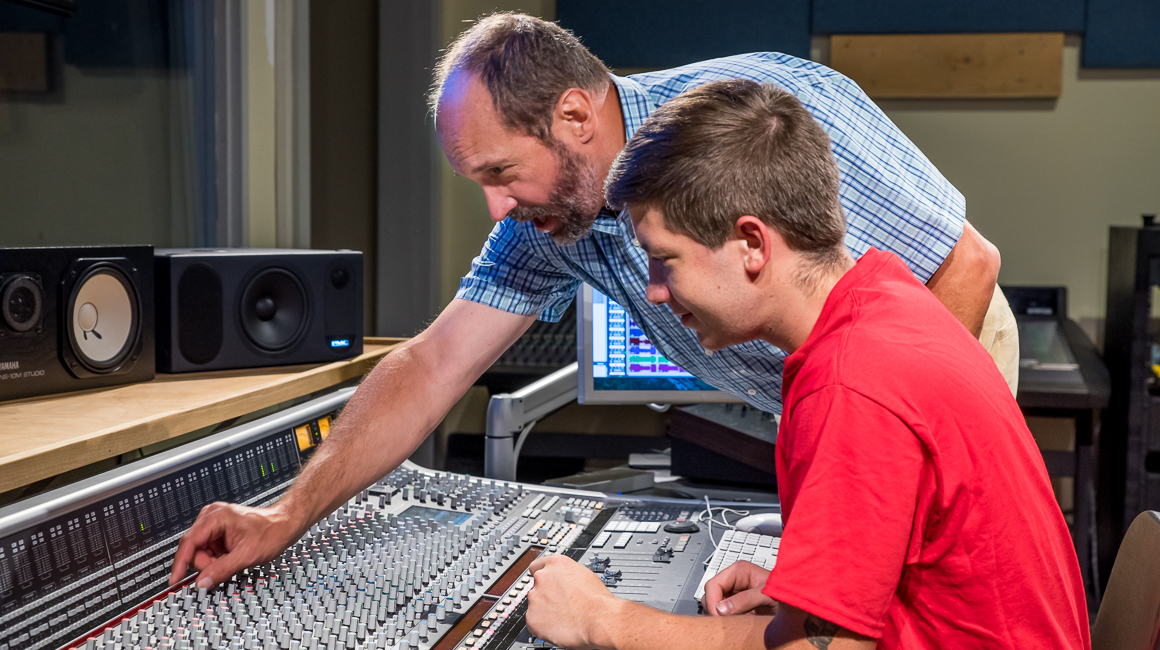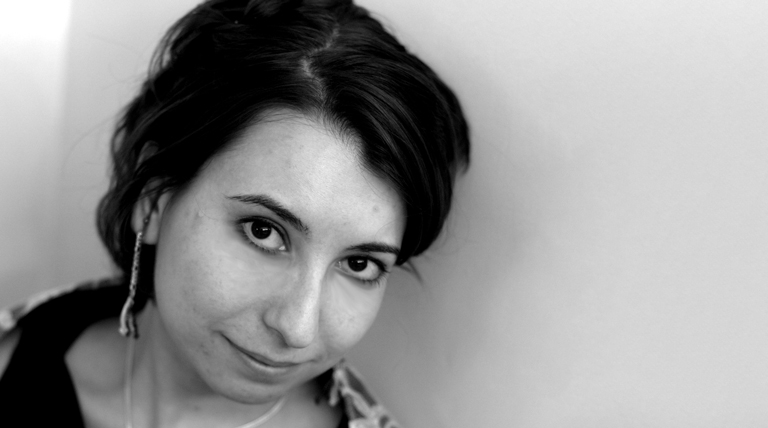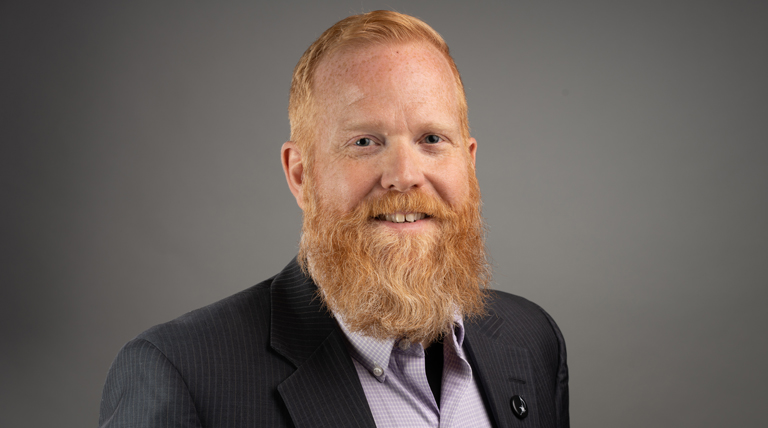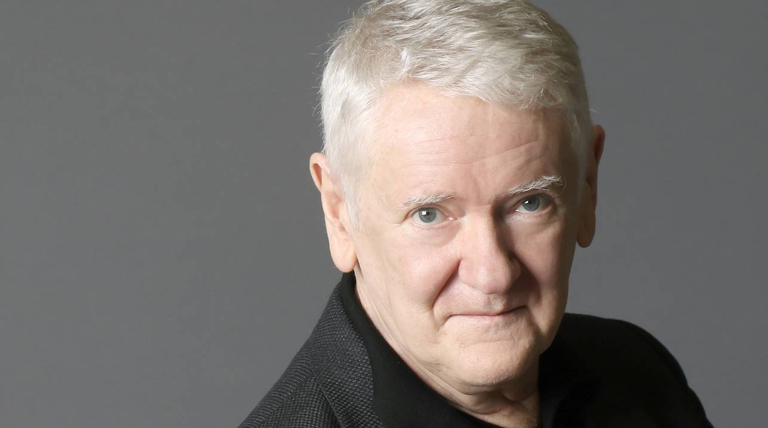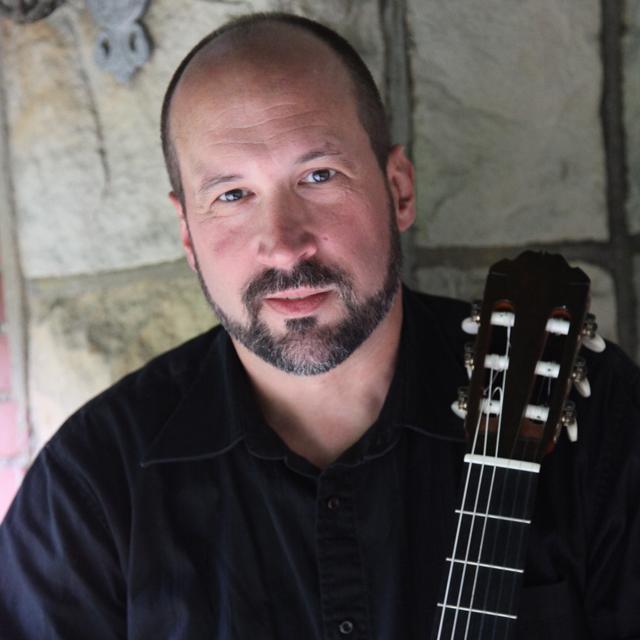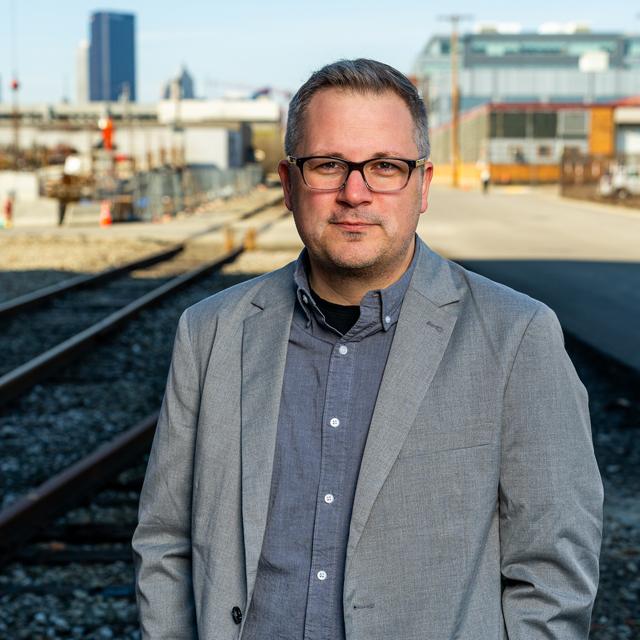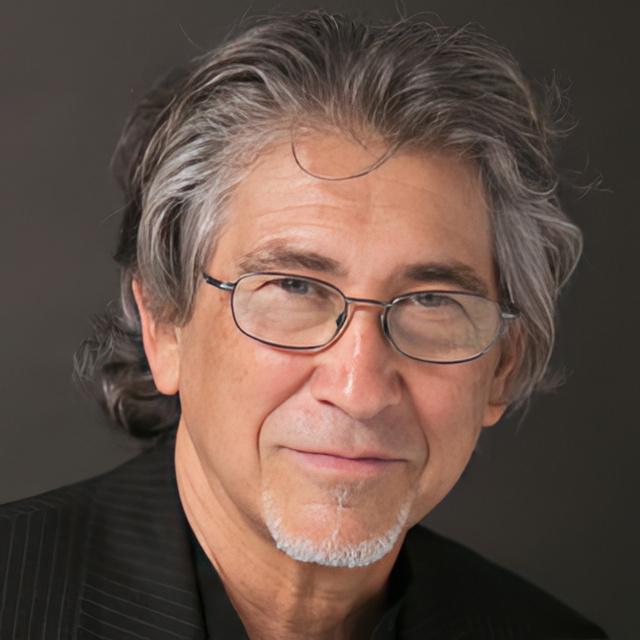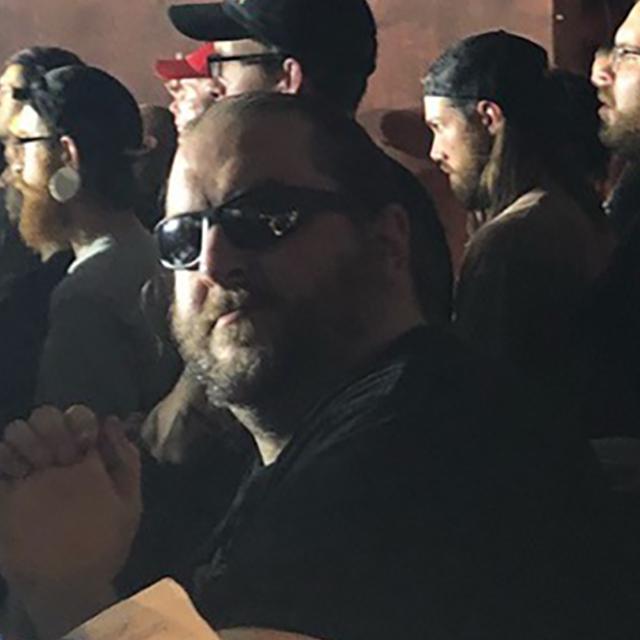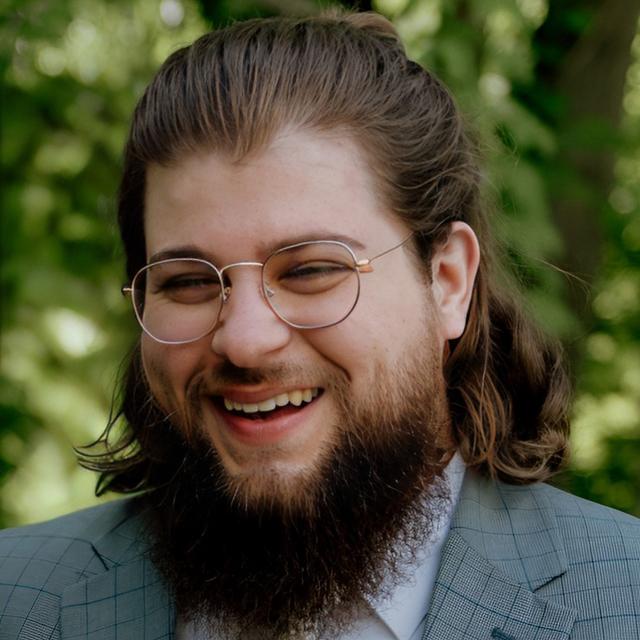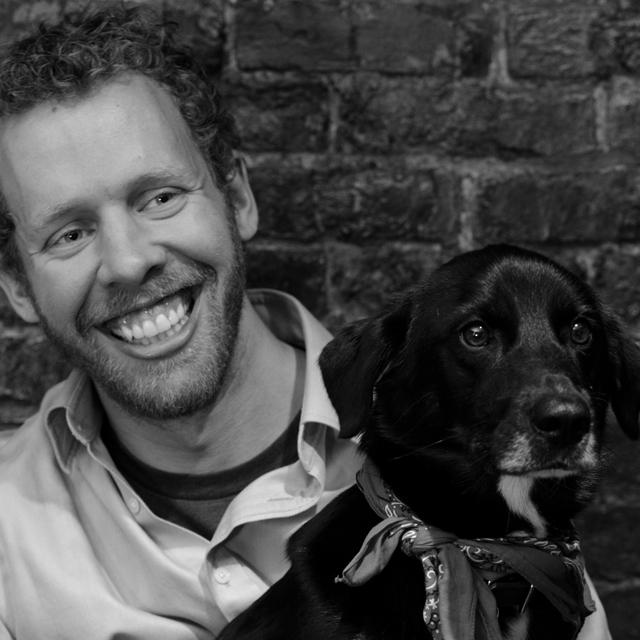Music Technology
View the 2025–2026 Sound Recording Technology Track Curriculum
View the 2025–2026 Composition for Media Track Curriculum
Pursuing the Bachelor of Music in Music Technology will connect you to the cutting-edge of a creative industry that is seeking composers and engineers for broadcast, film, gaming, ministry, medicine, recording studios, sound stages, television, and virtual reality platforms. With two distinct tracks, Sound Recording Technology and Composition for Media, you are able to tailor your studies to your personal interests.
- Our Sound Recording Technology track will prepare you with all the skills you need to be successful in the commercial music industry. This track is for you if you are interested in careers such as as audio engineering, production, and sound design, to name a few.
- If you are captivated by the music of film and video games, our Composition for Media track will give you the tools to learn what it takes to be a successful industry composer and arranger.
- Our GRAMMY Award-winning faculty are nationally-acclaimed.
- The Mary Pappert School of Music has a variety of state-of-the-art recording studios and technology facilities available for use.
- Our students benefit from real-world production experiences through IEMMA that span stage to studio.
- Our students are performing musicians in addition to their technology studies. A variety of ensembles, including a Studio Recording Ensemble, are available to students in all majors.
- Our music technology degree focuses on the development of musical and professional skills in sound recording and music production while cultivating a business-oriented awareness of the industry.
- Our School is also home to chapters of both the Audio Engineering Society and the Society of Composers, Inc.
- Our graduates succeed.
A degree in Music Technology will provide you with advanced skills that set you apart from other musicians and help you build a music career with diverse opportunities for professional success.
Auditions & Awards
Admission to the Mary Pappert School of Music also includes a formal audition. Learn more about the audition process & guidelines.
All fully admitted undergraduate music majors are automatically considered for additional Audition and Enhancement Awards, up to and including the Chancellor Award. Each year, this prestigious scholarship is offered to one student in each degree program and covers the complete cost of tuition for up to 8 consecutive semesters.
Program Information
Available tracks: Sound Recording Technology, Composition for Media
Program Type
Major
Degree
Bachelor's
School
Academic Department
Commercial Music and Media
Duration
4-year
Required Credit Hours
132
Modality
In-Person
Our Alumni Succeed
Looking for More Flexibility in Music Tech?
Explore the power and elective flexibility of the Bachelor of Arts in Music with a Music Technology Concentration which allows you to combine your passion for music tech with another area of interest through a secondary major. Make the most out of your college experience by customizing your path to graduation.
Our Music Technology Graduates Succeed
Program Directors
Music Technology Faculty
Hone Your Performing Skills
Regardless of degree path, each student benefits from one-on-one instruction with our world-class faculty.
Duquesne's ensembles will provide you with the finest university-level performing experiences available, preparing you for your career as a professional musician. As a member, you will perform on campus, as well as at some of the best venues for music in the city. Our students have performed at Heinz Hall, Carnegie Music Hall in Oakland, Soldiers and Sailors Memorial Hall, the August Wilson Center, the Andrew Carnegie Free Library and Music Hall, and many more.
Learn more about jazz at Duquesne.
Learning Outcomes
Composition for Media
- Students must demonstrate achievement of professional, entry-level competence in the major area, including significant technical mastery, capability to produce work and solve professional problems independently, and a coherent set of artistic/intellectual goals that are evident in their work and music technology projects.
- Students are expected to have the ability to form and defend value judgments about music and music technology to communicate musical/technological ideas, concepts, and requirements to professionals and laypersons related to the practice of the music technology composition for media field.
- Students must demonstrate competence in music technology and composition. These elements include: video/film/media/gaming score composition, composition in various musical styles and historical periods, electronic orchestration, electronic music notation, digital and analog audio as well as hybrid recording (tracking, mixing, and mastering), MIDI sequencing, electronic performance techniques, programming analog and virtual synthesizers, composition and web integration of multi-media objects.
- Students must demonstrate polished technical and interpretive skills necessary for informed solo and collaborative work appropriate to the degree and at a professional level.
Sound Recording
- Students must demonstrate achievement of professional, entry-level competence in the major area, including significant technical mastery, capability to produce work and solve professional problems independently, and a coherent set of artistic/intellectual goals that are evident in their work and music technology projects.
- Students are expected to have the ability to form and defend value judgments about music and music technology to communicate musical/technological ideas, concepts, and requirements to professionals and laypersons related to the practice of the music technology field.
- Students must demonstrate competence in music technology. These elements include: digital and analog audio recording (tracking, mixing, and mastering), electronic music notation, MIDI sequencing, electronic orchestration, video/media sound design, electronic performance techniques, programming analog and virtual synthesizers, some composition and web integration of multi-media objects.
- Students must demonstrate polished technical and interpretive skills necessary for informed solo and collaborative work appropriate to the degree and at a professional level.


